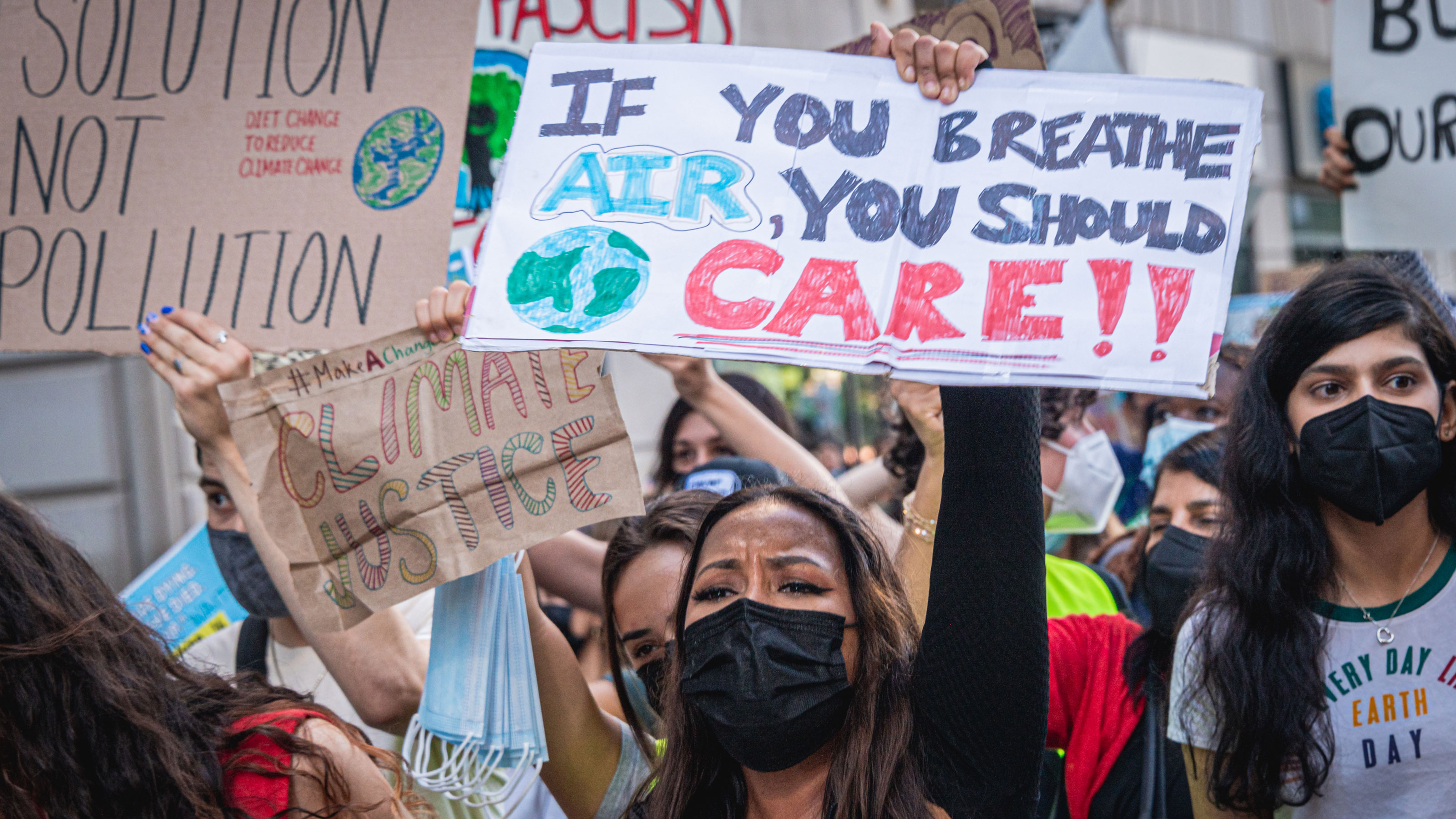A recent study, which asked over 2,000 Norwegian adults how they felt about the climate crisis, found the link to activism was seven times stronger for anger than it is for hope.
If, during the last few years, you’ve experienced an overwhelming sense of anger regarding the current state of our planet, know that – by all means – you are not alone.
According to a survey conducted by peer-reviewed journal The Lancet in 2021, 50 per cent of us feel this strong emotion towards the climate crisis.
And, faced with rising reports of eco-anxiety, psychologists across the globe have been racing to understand how people’s feelings about the destruction of nature affect their mental health.
‘Our research shows that more than 70 per cent of 500 people in 52 countries not only feel like the issue is contributing negatively to their mental health, but that it’s also making them feel powerless,’ says Clover Hogan, an environmentalist whose non-profit organisation Force of Nature educates on how we can turn this frustration into agency.

Since 2019, they’ve been raising awareness about the power of utilising rage to drive genuine, transformative change in this sphere and, now, thanks to a recent study, there’s concrete data to validate their messaging.
Asking over 2,000 adults how they felt about the ecological emergency, the researchers in Norway (a rich oil-exporting country) uncovered that anger is by far the most powerful emotional predictor of whether somebody is motivated to participate in activism – seven times stronger than hope, in fact.
The effects were significantly smaller for other actions, but fear and guilt were the best predictors of policy support, while sadness and fear were the best predictors of behavioural adjustments.






















